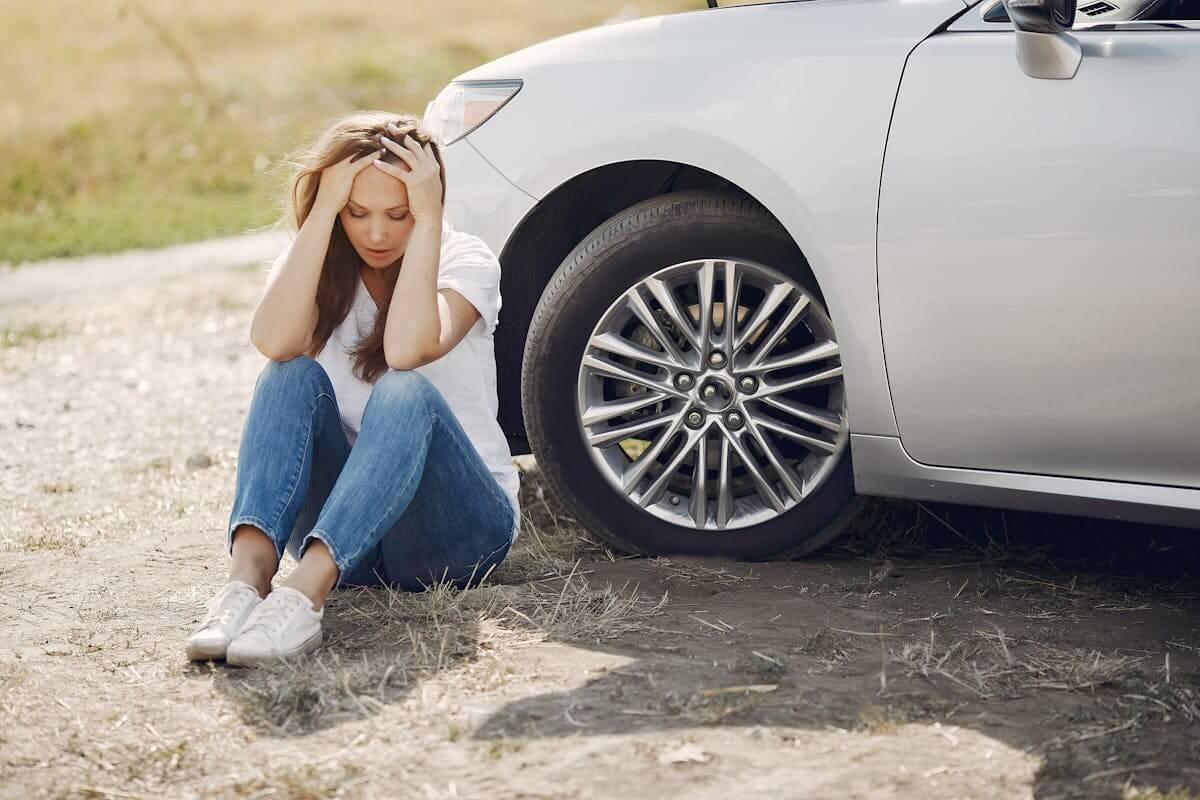Imagine this: you’ve recently purchased a new car, taken out a finance agreement, and are driving carefully to protect your investment. But then, the unexpected happens – your car is stolen or written off in an accident. What now? If you don’t have GAP insurance, you could be left with a significant financial burden.
Here, we’ll explore what happens if your car is written off without GAP insurance and how it can impact your finances.
Understanding a write-off
A car is considered a ‘write-off’ when the cost of repairing it exceeds its market value or when it is deemed unsafe to fix. This could be due to an accident, fire, flood damage, or theft. In these cases, your insurer will typically pay out the car’s current market value at the time of the claim.
The problem with standard car insurance payouts
Most standard car insurance policies cover the market value of your car at the time of the incident. However, cars depreciate rapidly, sometimes losing up to 60% of their value within the first three years. This means that if your car is written off, the amount you receive from your insurer may not be enough to cover what you originally paid for it – or even what you still owe on your finance agreement.
Example scenario
Let’s take a look at this in a more practical sense and how this can relate to real-life scenarios.
- You purchase a new car for £30,000.
- Two years later, it’s worth £18,000 due to depreciation.
- It gets written off in an accident.
- Your insurer pays out the market value of £18,000.
- However, you still owe £22,000 to your finance provider.
- This leaves you with a £4,000 shortfall to cover out of pocket.
So, as you can see, you’ll automatically be losing money if your car is written off and you don’t have GAP insurance taken out on your car.
The financial impact of no GAP insurance
Without GAP insurance, you are responsible for covering any shortfall between your insurer’s payout and what you owe on your finance or lease agreement. This could mean that you’ll need to pay off the remaining finance for a car you no longer own and you’ll probably need to use your personal savings to take out a loan to cover the difference.
Also Read: How To Get The Best Car Finance Rates When Interest Rates Rise
Also, unless you can afford a replacement car, you’ll be left without a car along with the potential of negative equity if you roll the debt into a new finance agreement.
Who is most at risk without GAP insurance?
While GAP insurance isn’t essential for everyone, certain groups of car owners are more vulnerable to financial loss if their vehicle is written off, for example:
- Drivers who purchased a new car – New vehicles depreciate quickly, meaning a significant gap between purchase price and payout.
- People with finance or leasing agreements – You could end up owing more than your car’s value.
- Owners of high-mileage cars – Increased depreciation rates can widen the gap in payout versus purchase price.
- Those who put down a small deposit – If your deposit was low, your loan balance is likely higher than the car’s worth for a longer period.
How GAP insurance helps
GAP insurance helps cover the difference between your insurer’s payout and either:
- The original price you paid for the car (Return to Invoice GAP).
- The remaining amount on your finance agreement (Finance GAP).
- The cost of a like-for-like replacement vehicle (Vehicle Replacement GAP).
This means that if your car is written off, you won’t be left out of pocket or stuck paying for a vehicle you no longer have.
Is GAP insurance worth it?
If you’re buying a new or nearly-new car, financing your vehicle, or concerned about depreciation, GAP insurance is worth considering. It provides financial protection and peace of mind, ensuring you’re not left covering large debts if the unexpected happens.
Final thoughts
Without GAP insurance, having your car written off can lead to a financial headache, especially if you still owe money on it. Standard insurance may not cover the full amount you originally paid or what you still owe. If you want to protect yourself from unexpected costs and avoid being out of pocket, GAP insurance can be a smart investment.
If you’re unsure whether GAP insurance is right for you, speak with our team of experts at Protect Your Family. After all, it’s better to be prepared than to face a costly surprise down the road.








